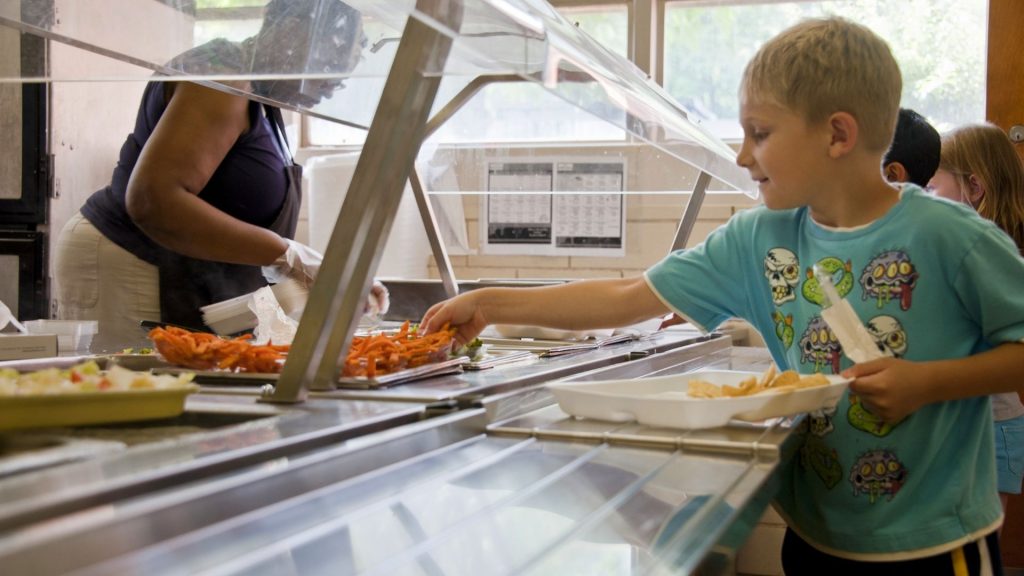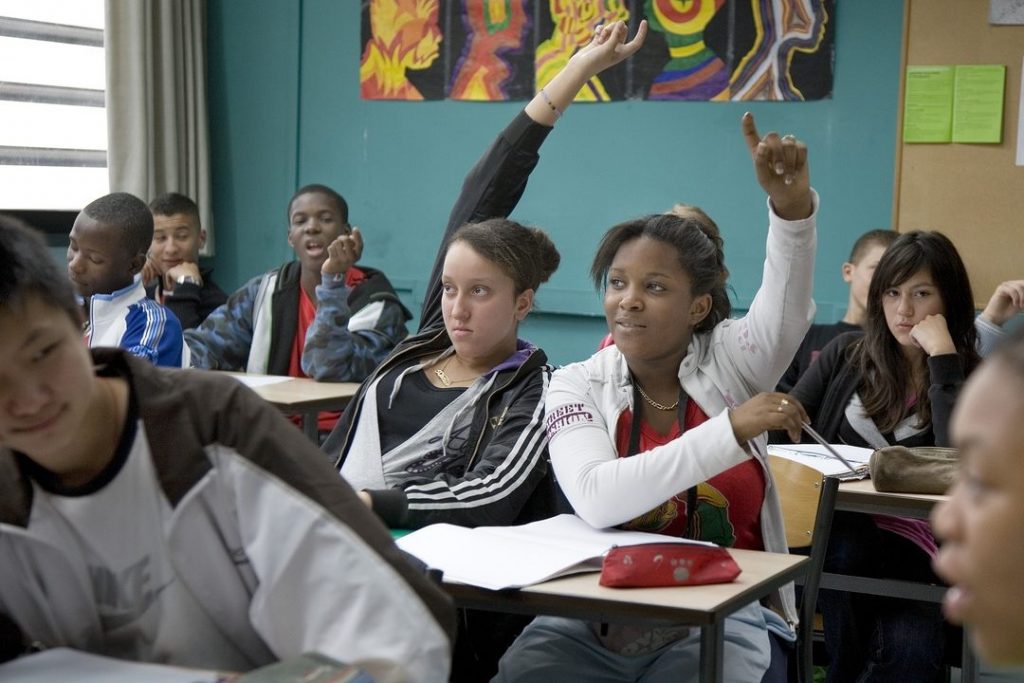Republicans Look To End Free School Lunch For Kids
The free school lunch program is set to expire at the end of this school year as politicians quarrel over its renewal.

The finger-pointing continues in Congress as members across party lines quarrel over who’s to blame in the looming expiration of free school lunch waivers across the nation. While the biggest question on most parents’ minds right now may be whether or not their school-based children will continue to receive free lunches, it looks like the constituents at Capitol Hill would rather argue over which party is accountable for the failure to renew the response action. On June 30th, the child nutrition waivers that have allowed schools to serve free meals to all are set to end with no clear intention of renewal in sight.
On Wednesday, Congress unveiled the bipartisan omnibus package to keep the government running in lieu of a possible shutdown at the end of this week. However, the package has been noted for not extending the child nutrition waivers program. The relief act allowed an additional 10 million students to eat free school lunch meals every day during the raging pandemic. Similarly, the waivers significantly curbed child hunger during the pandemic.
Free school lunches have been offered under the Families First Coronavirus Response Act since it passed Congress in March of 2020. It was the second major legislative initiative designed to address COVID-19. Covering a slew of things, one aspect, in particular, provided expanded nutrition throughout school closures via USDA waiver vouchers.
Beginning during the Trump administration, the waivers gave school districts more money to pay for meals. It also allowed schools to serve grab-and-go meals, which proved helpful to low-income families when schools were undergoing closures. In this initiative, schools didn’t have to worry about eligibility for families, as it covered all children’s free school lunches. The waiver authority has been extended several times within various bills without controversy, until now.

As the news broke that the free school lunch waivers may be ending soon, Capitol Hill avoided accountability when both Democrat and Republican leaders either failed to respond or laid blame on the opposing party for the failure to extend the program. Democrats along with school groups across the nation are pointing to Senate Minority Leader Mitch McConnell as the underlying adversary to the extension.
While McConnell has yet to comment, a GOP leadership aide did have things to say regarding the free school lunch waiver’s expiration. According to Politico, an anonymous aide noted that the Biden administration failed to even mention a suggested extension in its formal budget requests. Therefore, the aide said blaming Republican leadership was “absurd.”
Other Republicans, like Representative Virginia Foxx, told Politico that she had “serious concerns” regarding an extension of the free school lunch waivers. Iterating that Foxx had long been pushing a return to normalcy supporting the expiration of such pandemic relief programs, she said that taxpayers’ “unprecedented support” of these programs is not “unlimited”. Other nutrition and anti-hunger advocates believed that McConnell originally opposed an extension as a tactic. Now, however, they believe the minority leader is simply just opposed to the renewal.
House Education and Labor Chair Bobby Scott, a Democrat, says that changing the law regarding the current free school lunch programs would create unnecessary strain on school districts already battered from closures and setbacks. Senate HELP Chair Patty Murray echoed the thoughts on others’ minds, as she said, “No kid should have to go hungry, it’s really as simple as that.” If the free school meal voucher comes to an end on June 30th, it will leave thousands of school districts around the country struggling to implement plans for summer programs, and the upcoming 2022-2023 school year. Some lawmakers hope that the program eventually becomes a permanent one. Opponents see it as an unnecessary multi-billion-dollar expense. Currently, the U.S. Department of Agriculture reports about 30 million students currently receive free school meals — about 10 million more than before the pandemic.



